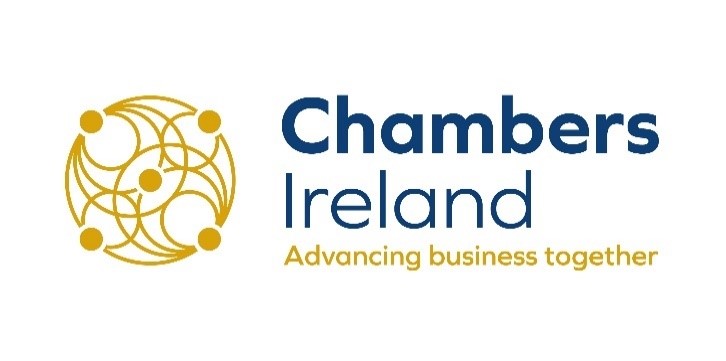On Mission to Brussels, Chambers call on General Election Candidates to Set Out Strategy to Maximize EU Influence

At the outset of President Von der Leyen’s Commission Presidency, Chambers Ireland is today (21 January 2020) leading a delegation from our Network of 40 Chambers to Brussels, meeting with EU officials to set out the priorities of Irish business during this new legislative term.
Speaking this morning, Chambers Ireland Chief Executive, Ian Talbot, noted the extraordinary economic impact the EU has had on Ireland.
“In the last decade, the EU was tasked with addressing the impacts of the financial crisis. The next ten years pose very different set of challenges, where we must decarbonize the economy and invest in our cities and regions so that they are adapted to a net-zero carbon future.
There are many opportunities for Irish business through proactive engagement with the EU, but Brussels legislators must also be cognisant of the impact that wide-reaching regulation can have, not only on small companies, but small economies.
The imminent departure of the UK from the EU and the loss of their support on matters where we shared a common view, means that Ireland must now focus even more of our attention influence the legislative and policy agenda of the EU. As Ireland’s largest business Network with 40 member Chambers across the country, we will be playing a very active part in ensuring that the voice of Irish businesses is heard by European legislators.
Ahead of the upcoming General Election, we’re calling on candidates to be conscious of the role that the EU will play in setting the policy agenda for the coming five years. We want the next Government to constructively engage with the opportunities that the European Green Deal offers, particularly when it comes to accessing sustainable green finance which will aid us in transforming our transport network, developing renewable energy and supporting innovation.
We’re also calling on the next Government to maintain Ireland’s commitment to open, rules based international trade, particularly as we adapt to the effects of the UK’s departure from the bloc. As set out in recommendations made by the OECD, more of our SMEs need to think global and be supported to internationalize so they can become more productive. Past Governments prioritised the Action Plans for Jobs. The next Government must commit resources to support SMEs to access to new markets, particularly in new FTA countries. If we want our economy to become more sustainable, we must do more to support our indigenous industry to compete globally.”
-ENDS-
